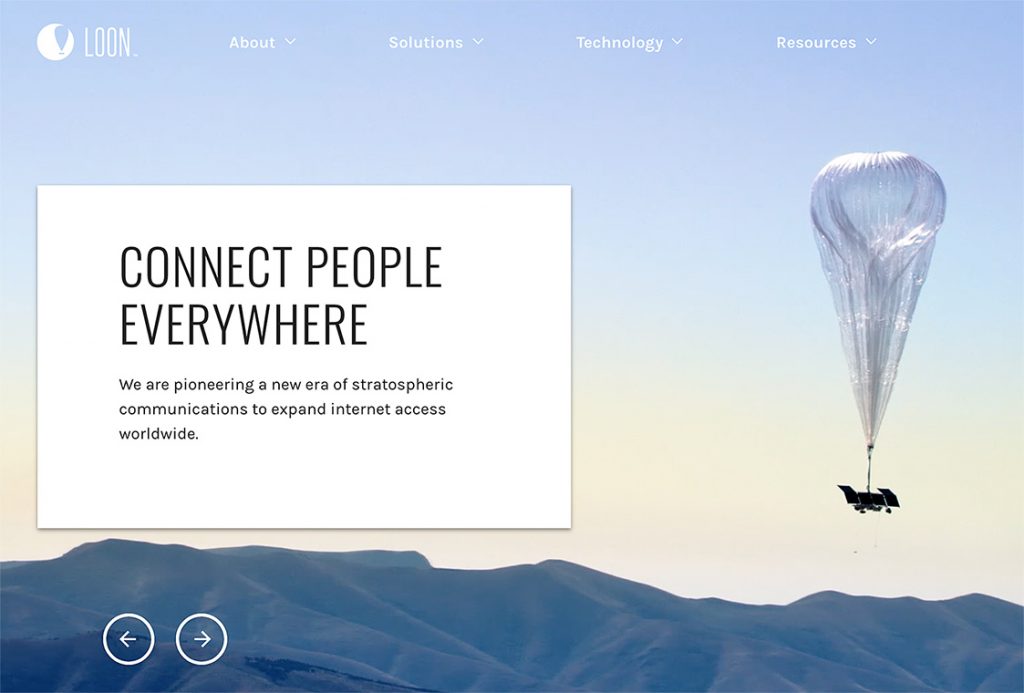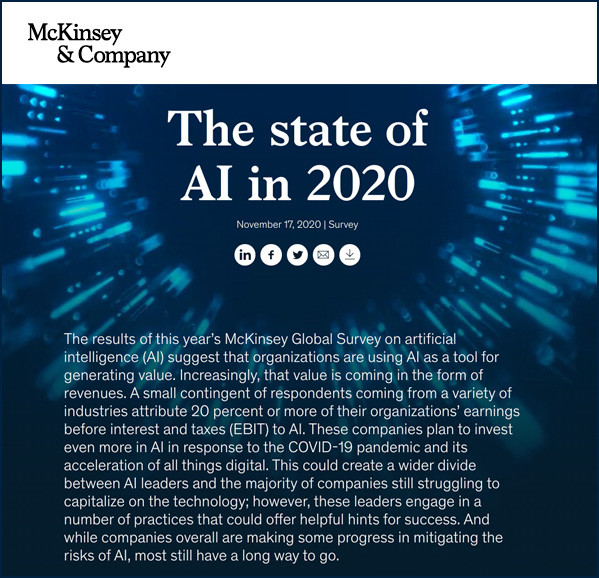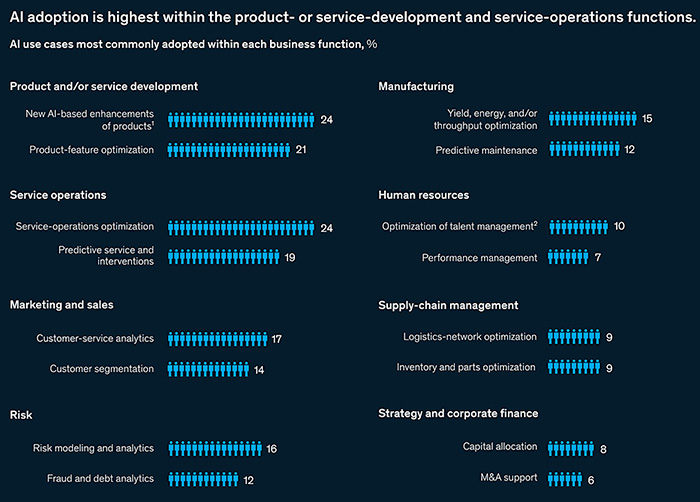Marni Baker Stein on What’s Next For Higher Education — — from gettingsmart.com by Getting Smart Staff
Excerpt:
On this episode of the Getting Smart Podcast, we’re talking with Marni Baker Stein, Provost and Chief Academic Officer at Western Governors University (WGU).
…
For example, with regards to skills: WGU put together a skills architecture team alongside national competency networks. They then used EMSI, a common way to describe skills, to tag them to a competency and execute dynamic audits of performance.
“Learners desperately need education to organize itself around what they need it to become.”
Digital Credentials: A Better Way to Capture and Communicate Learning — from gettingsmart.com by Tom Vander Ark, Rebecca Midles and Rashawn Caruthers
Excerpt (emphasis DSC):
There is an invention opportunity to better credential units of learning, to open up individual learning pathways, to better communicate capabilities, and to reduce friction in talent transactions.
The pandemic is accelerating this shift to verified credentials. Enrollment in short-term credential classes increased by 70% over last year while freshman college enrollment dropped by 16%.
There are six opportunities to better capture and communicate learning.
The Opportunity for Personalized and Local Guidance — from gettingsmart.com by Tom Vander Ark, Rebecca Midles and Rashawn Caruthers
Excerpt:
There is a big opportunity to create tools that complement advisor efforts to help learners better understand themselves, spot and try out possible futures, make informed decisions about what’s next, and persist through challenges.
















